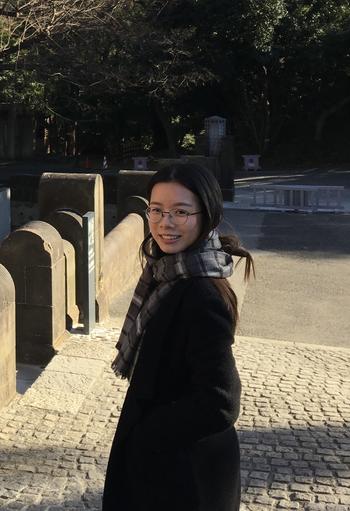Shimin Zhang

Fellow in the project "Epochal Lifeworlds: Narratives of Crisis and Change"
Short Biography
Shimin Zhang is a Ph.D. candidate affiliated with the Centre for Asian and Transcultural Studies at the University of Heidelberg. Her research spans diverse fields, including women’s studies, media studies, emotion studies, and digital humanities, with a primary focus on Contemporary China. Her doctoral research looks at women's magazines and the interplay between institutional reading and the structure of feeling in reform China. In addition to her academic pursuits, she also serves as an annual research associate for the Contemporary China Animation Art Archive, contributing to film-related events and projects.
Project
Rural Women, Technology and Agricultural Crises within Post-Mao Women’s MovementThis project looks at the interplay between the subjectivity of rural women and the narratives of technology and agricultural crises within China’s stateled gendered environmental initiatives during the reform era. The agricultural crises in post-Mao China encompass a range of issues, including environmental pollution, heavy taxation, and population outmigration. Since 1989, the All-China Women’s Federation (ACWF) has initiated the “Dual Leaming, Dual Competition” program among rural women and utilized mass media to promote technology in agriculture and drive market-oriented economic reform. The “Rural Women Knowing All” (RWKA) magazine was designed to align with and support this ongoing movement, aiming to disseminate technological knowledge among rural women. This project begins by examining the historical context of the relationship between rural women, technology and agriculture in the People’s Republic of China (PRC). Then, by using the RWKA magazine and its associated practices as a case study, I examine how the gender policies in the PRC focused on rural women in addressing the agricultural crises of the 1990s. Finally, I attempt to place it on the global spectrum of ecological feminism, (re)considering the transculturality of the state-led women’s movement in reform China.
